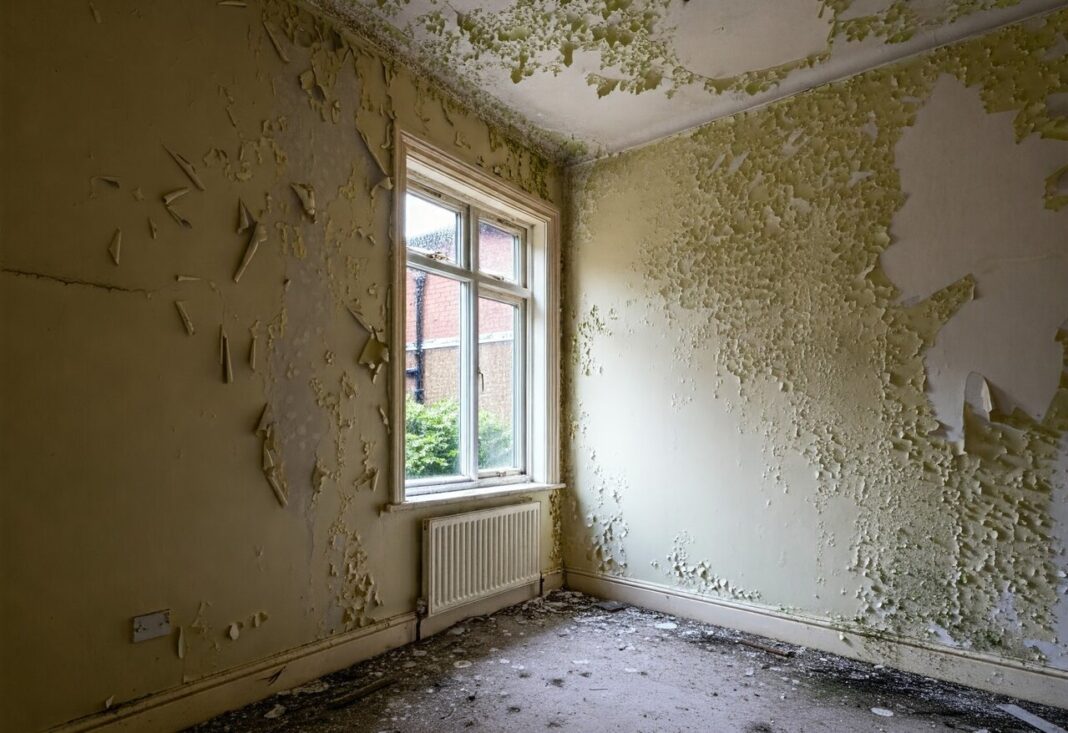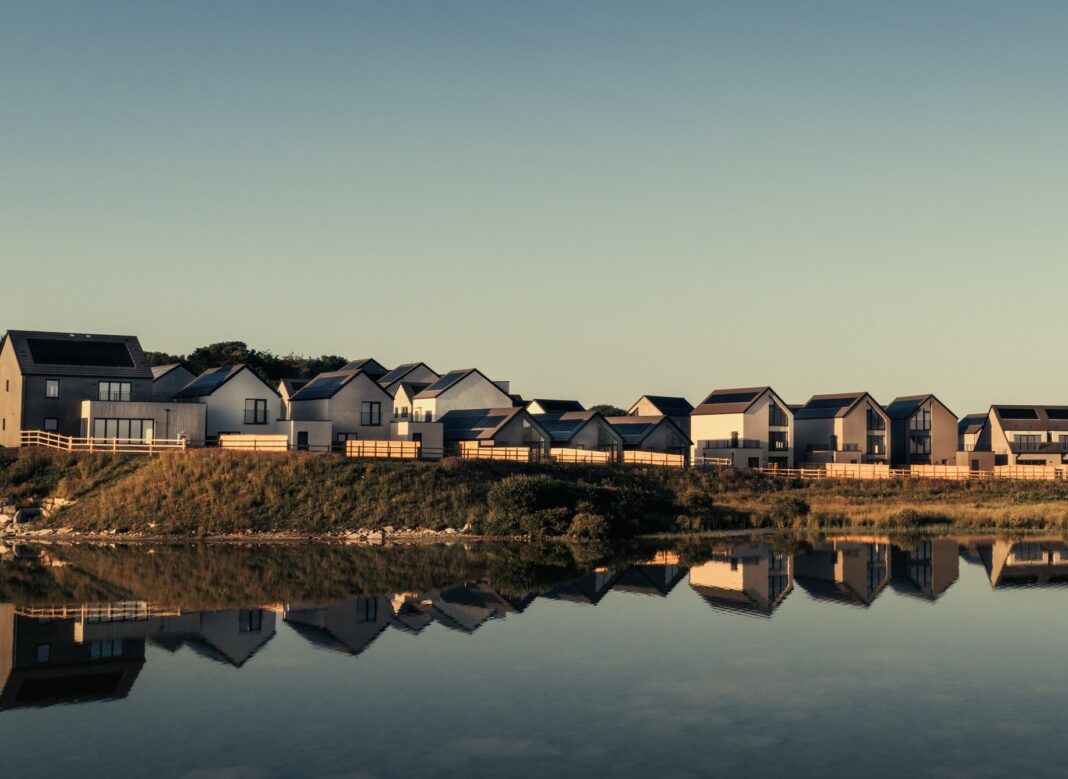Landlords have less than two weeks to prepare for one of the most significant housing law changes in recent years as “Awaab’s Law” comes into force on October 27.
The new legislation will require social landlords to investigate and fix damp and mould hazards within strict timeframes or face potential fines and legal action.
From the end of this month, any emergency hazard must be investigated immediately and repaired within 24 hours.
The law will expand over the coming years to cover other risks, including excess cold and heat, setting a new legal standard for property conditions across the social housing sector.
HOUSING QUALITY
The law follows growing scrutiny of housing quality after a coroner found that the death of two-year-old Awaab Ishak in 2020 was caused by prolonged exposure to black mould in his home.
The case exposed widespread failings in the management of damp and mould issues across the UK’s social housing stock.
Government data shows that more than 428,000 social rented properties in England – over 10% of the total – fall below the official definition of a “decent home”.
A recent survey also found that 60% of UK residents have experienced mould, with more than one in five reporting health problems as a result.
LEGAL AND REPUTATIONAL RISK

George Edwards, property care specialist at Timberwise, warns that landlords who fail to act could face legal and reputational risks once the new rules take effect.
He says the legislation will require a shift from reactive maintenance to proactive inspection and prevention.
Private landlords are also being urged to follow the lead of local authorities, many of which have introduced new damp and mould policies to avoid similar failings.
Edwards adds that effective ventilation, insulation and regular checks of roofs, vents, pointing and guttering will be essential to ensure compliance and protect tenants’ health.
He says: “Social housing organisations and private landlords need to act now if they are to avoid falling foul of this new law and potentially face action and compensation claims from tenants.
“The best way to stop condensation from being created is by being mindful of your behaviour in the property, but when it becomes unavoidable, the best condensation control is always ventilation.”










